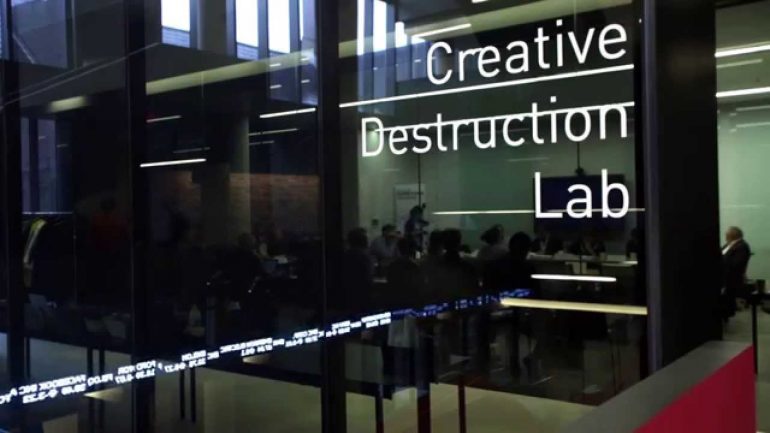The Creative Destruction Lab (CDL) has announced a cross-country expansion into three new regions: CDL-Rockies at the University of Calgary’s Haskayne School of Business; CDL-Montreal at HEC Montréal; and CDL-Atlantic at Dalhousie University’s Rowe School of Business in Halifax.
The national expansion will add to the CDL’s existing programs at the University of Toronto’s Rotman School of Management, and the University of British Columbia’s Sauder School of Business — bringing the total number of programs to five.
The CDL said its expansion will allow for better matches between companies and investors, attract top talent to Canada, and enable the CDL network to tap into the large pool of specialized talent from the science, engineering, and business school faculties at five Canadian universities. The CDL also said that students in each of the five business schools will have the opportunity to connect and engage with startups at any of the programs across the country.
“The national expansion of the Creative Destruction Lab unites several of Canada’s top business schools to transition scientific insights out of the academy and into the economy.”
“The national expansion of the Creative Destruction Lab unites several of Canada’s top business schools to transition scientific insights out of the academy and into the economy in order to positively impact the human condition,” said Darrell Kopke, COO at the CDL. “The PhDs, masters, post-docs, faculty, and other inventors whom we are mentoring will leave a meaningful legacy. They are developing new products and services to enhance health, education, transportation, safety, communication, entertainment, and agriculture through innovations in areas such as wearable computing, high fidelity sensors, quantum computing, artificial intelligence, and regenerative medicine.”
While CDL-Montreal will focus on data science-oriented startups, CDL-Rockies will focus on startups developing innovative solutions for the energy market by leveraging the region’s expertise in the oil and gas industry. CDL-Atlantic will build on Dalhousie’s strengths in clean, ocean, and agriculture-related technologies.
“The CDL developed a program that works,” said Michel Patry, director at HEC Montréal. “We’ll deploy it in our environment and engage the exceptional talent of the Montreal entrepreneur, investor, and science communities, along with some of our top faculty and students at HEC. We’ll leverage this expertise and the CDL model to attract talent from around the world to Montreal.”
All five CDL programs will use the original methodology established at the University of Toronto, which uses a goal-setting model to encourage startups to hit several targets over the course of a nine-month accelerator program. The program also provides companies with access to business development support, as well as the opportunity to raise capital, and receive guidance from the lab’s chief scientists (professors in science, engineering, and computer science).
Earlier this month, BetaKit reported that the CDL was in talks to set up a location in Halifax, with a focus on attracting ocean-related startups to position the region as a strong ocean-technology hub.


